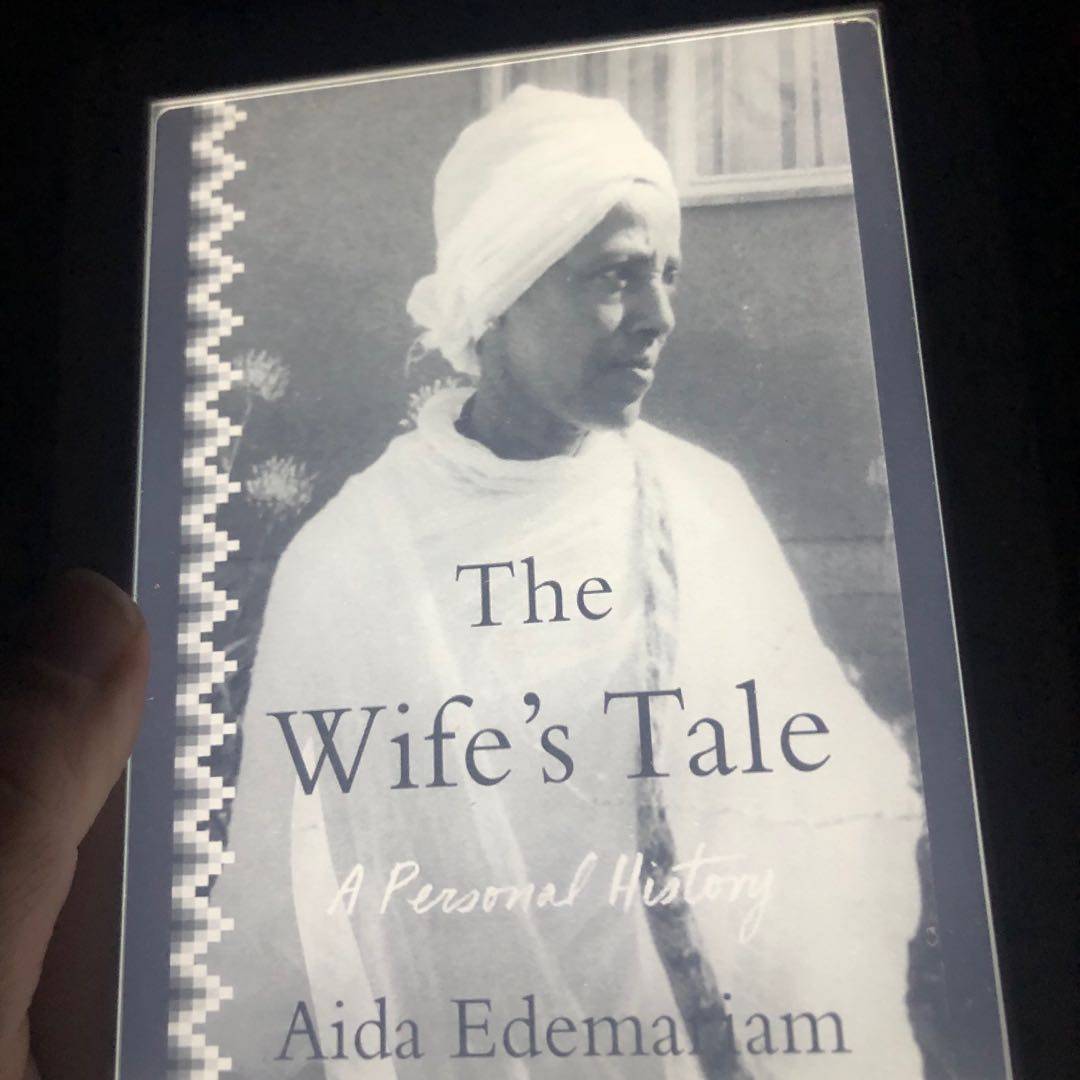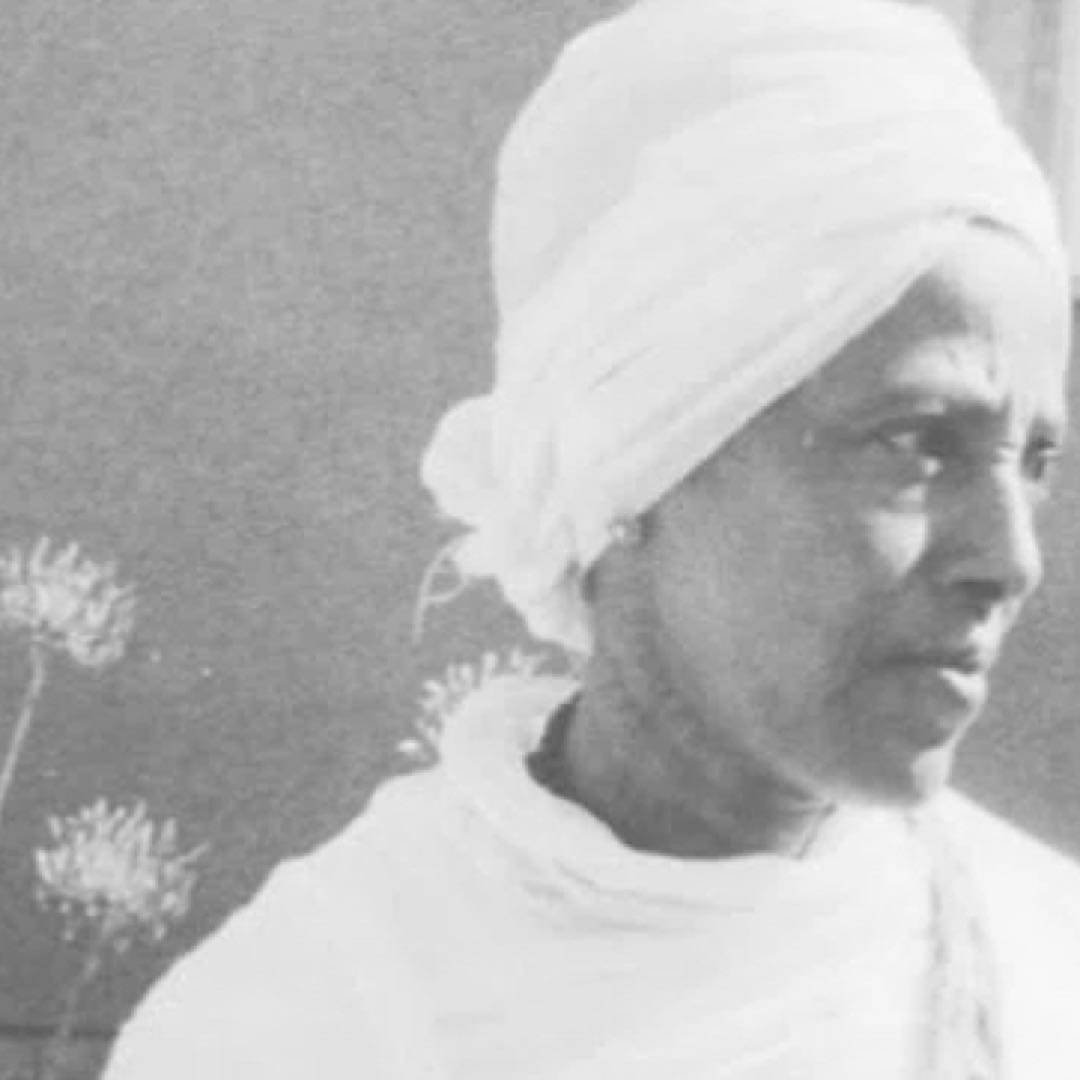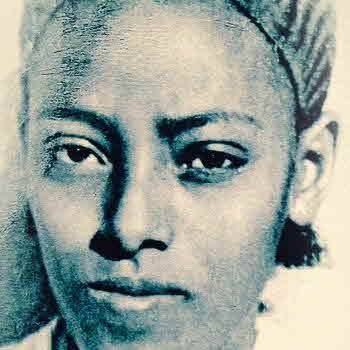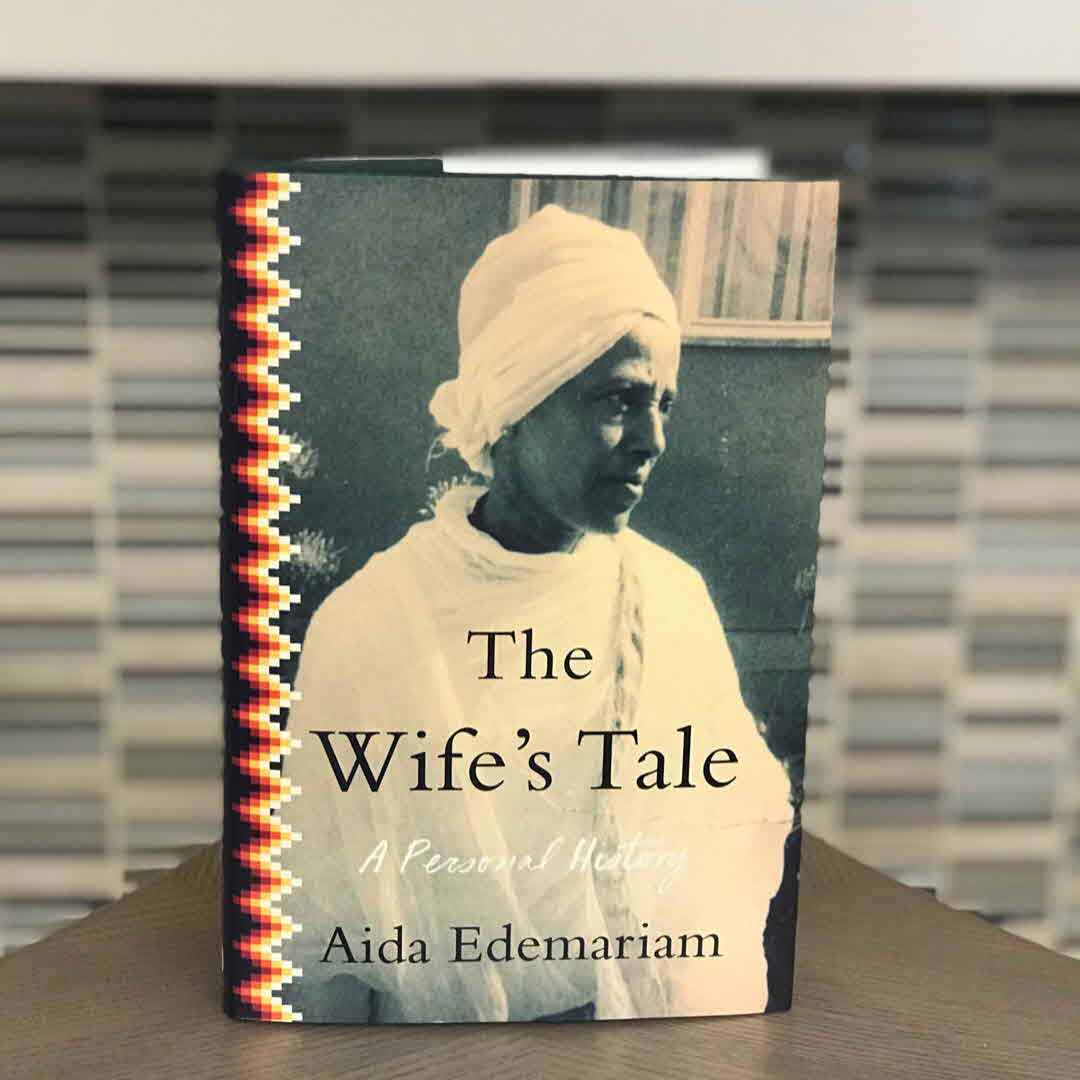
This was a fascinating woman who lived almost to 100 in Ethiopia. It was written by her granddaughter and at times was confused, but overall an excellent read. #ReadingAfrica2022 #Ethiopia

This was a fascinating woman who lived almost to 100 in Ethiopia. It was written by her granddaughter and at times was confused, but overall an excellent read. #ReadingAfrica2022 #Ethiopia

The story of the author‘s grandmother: powerful and lyrical. She was born at the beginning of the century, married as a preteen to a man 20 years older, and lived as the wife of a relatively powerful husband through centuries of war, conquest, revolution, and drought, resisting oppression and sustaining her family and home. Excellent insights into Ethiopian history and culture.
#ReadingAfrica #Ethiopia
#Nonfiction2022 #Rulebreaker

It had been there always, waiting, glimpsed out of the corner of her eye as she stirred split peas or picked through cracked wheat, watching from the ceiling as she lay in bed, her daughter breathing beside her, whispering through the trees when she went out into the garden to tend her pumpkins. Now the loneliness flowed into the open, dimming the sky...

Edemariam's account of her grandmother's remarkable life is a moving testimony to a courageous woman and a glimpse into decades of Ethiopian history as she watches it unfold. The story begins with her marriage at the age of 8 to a student priest, and follows her raising a large family while managing taxing household responsibilities, through legal fights for her family amidst political uncertainty. Inspiring, sad, indelible- highly recommended!

Journalist Edemariam‘s biography of her grandmother is an immersive experience, with a combo of poetic informal storytelling & recounting of dreams (from Amharic recordings during visits), bits of sacred text & historical research, laid out within the traditional seasonal calendar. Yetemegnu was married at 8 to a much older church official & during the nearly 100 years of her life saw immense changes in Ethiopia. Amazing book, extraordinary woman!

Education came first, there could be no dissent. Get away from here! she would command, when her granddaughter stayed out late. Get out! I‘ll feed you to the hyenas, you impossible child! But then she would relent, and open the door, and draw her granddaughter into a hug, and put out her favourite food. Come, come to me, it‘s all right. Just don‘t do it again, do you hear?
(Internet photo)

Yetemegnu was married to an important leader in the Orthodox Catholic Church in Ethiopia. She went to church daily. Biblical passages and prayers are sprinkled throughout this biography. I.e. “And there appeared a great wonder in heaven; a woman clothed with the sun, and the moon under her feet, and upon her head a crown of twelve stars.”
(Internet photo)

The extensive glossary of Amharic words is a useful addition to this biography, even though I was mostly able to grasp the general meanings based on the way they are used in the text, so I didn‘t use it while I was reading.

On May Day thousands of students marched in protest against the public‘s disenfranchisement. They were massacred. Those who fled were overtaken and consumed, shot as they ran, shot where they hid, shot in their homes and safe houses. Parents were required to pay for the bullets in their children‘s bodies before they could take them away to bury them.
(Internet image)

And the fresh, rounded leaves of young eucalyptus catch the sun and reflect it back, each leaf a jubilant, quivering mirror. As they age, these leaves lengthen into blue-green points that slide and dance, drawing traceries across the sky.

Once she was staying in Debrè Zeit, a bustling, jacaranda-lined town an hour‘s car journey south of Addis, when she dreamed of a woman so old and tiny she looked like a child.
(Jacaranda reference for @ReadingEnvy ; Internet photo.)

In both of these books, which I‘m reading concurrently, people clear land mines by stampeding cattle through the areas. War is hell.

A shady reading spot in my back garden, where roses and mock orange are scenting the air, birds are singing, bees buzzing, and squirrels are scolding. Heaven.

Yetemegnu didn‘t cook for the Italian workmen—she thought pasta looked like hookworms and was baffled by galeta, eventually grinding the biscuits with spices and mixing them with butter to make a surprisingly tasty paste for her family.

Tsega was learning worldlier things too: how to smuggle deniable meanings into seemingly innocuous conversation; how, because qiné carried with it so much prestige, it might be a way for a village boy disinclined to soldiery to chase social advancement. [On studying nothing but sacred poetry for 5 years.]

For 5 years the sun rose to find them gathered around their teacher, listening to him describe stanza forms, explain particularly pleasing metaphors, recite useful examples. They memorized model qiné and with his help peeled back their punning layers, looking for the gold hidden within the wax mould, the meaning nestling at the centre like the dark hard core of an olive tree.
(Image: I googled “Ethiopian qiné poetry)

In a minute she would climb down, hugging a bounty of peaches in the lap of her dress. But in a minute. First she wanted just to sit here, in the bird-sewn silence.
(Internet photo)

THE WIFE‘S TALE by Aida Edemariam is on sale today! This is a beautiful memoir tracing the extraordinary life of her grandmother in 20th century Ethiopia—a nation that would undergo a tumultuous transformation from feudalism to monarchy to Marxist revolution to democracy, over the course of one century. Buy your copy today: bit.ly/TheWifesTale